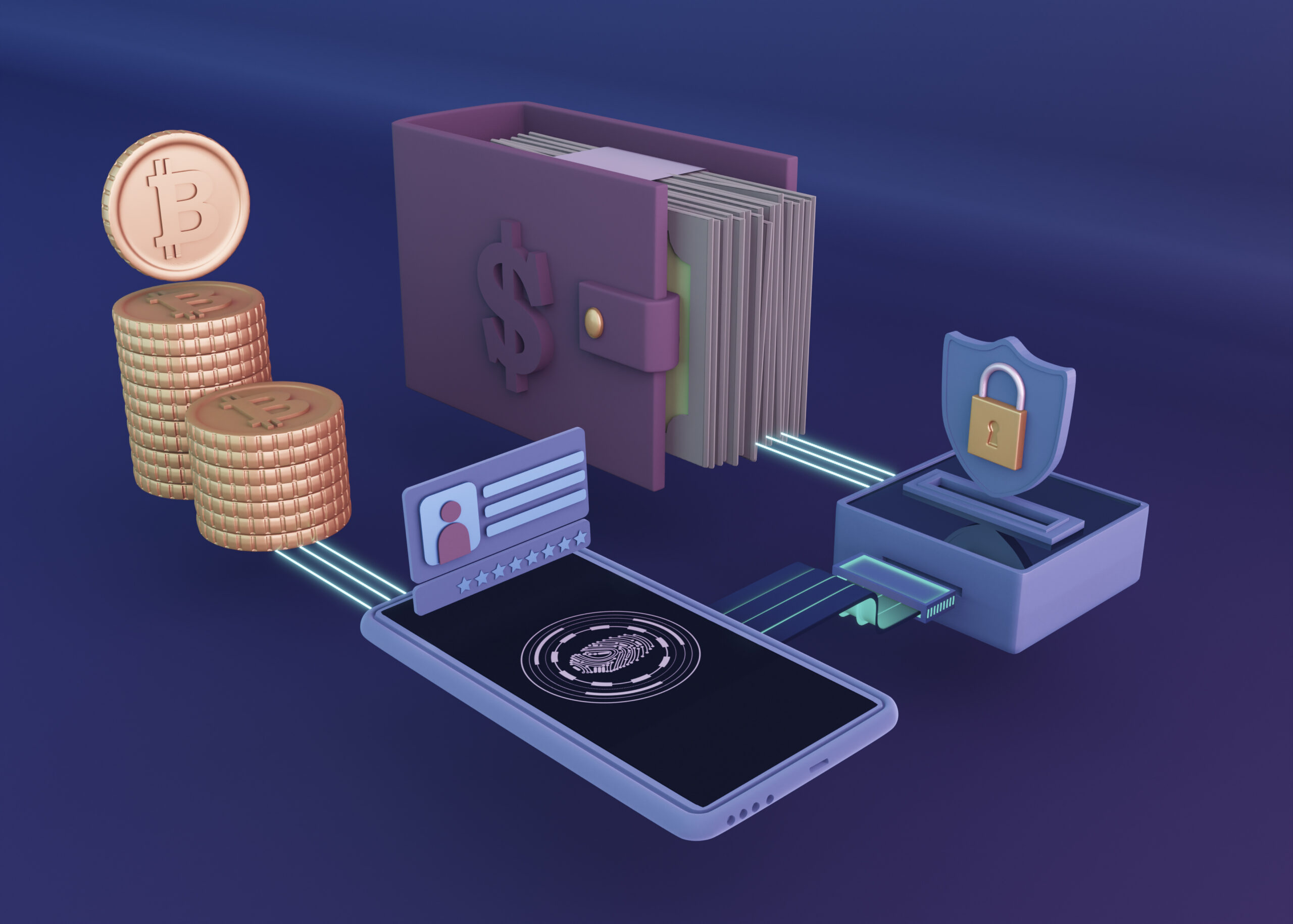The Ultimate Guide to Choosing the Best Cold Wallet for Crypto in 2025

If you hold cryptocurrency, security is your top priority. Digital assets are valuable, but they’re also vulnerable to hacks and phishing attacks. This is where cold wallets come into play. For anyone serious about safeguarding their holdings, finding the best cold wallet for crypto is essential. Cold wallets store your keys offline, making them far less susceptible to cyber threats compared to hot wallets. But how do they work, and which options are worth considering?
Why It Matters
With crypto adoption on the rise, cybercrime targeting digital wallets has also increased dramatically. Exchange hacks and malware attacks have cost investors billions over the years. Unlike hot wallets, which remain connected to the internet, cold wallets stay offline, offering a nearly impenetrable layer of security.
If you plan on holding your assets long-term or own a significant amount of crypto, a cold wallet isn’t just an option—it’s a necessity. The best cold wallet for crypto provides peace of mind, eliminating many of the risks that come with online storage.
How It Works
A cold wallet is a hardware device or even a physical format like a paper wallet that stores your private keys offline. It never connects to the internet, which drastically reduces the chances of hacking. Here’s a quick breakdown:
- Hardware Wallets: These are USB-like devices (e.g., Ledger, Trezor) designed to sign transactions offline.
- Paper Wallets: Printed QR codes and keys that you can store in a secure place.
- Air-Gapped Wallets: Completely isolated systems with no internet connectivity.
To use a hardware wallet, you typically connect it to your computer or mobile device only when signing transactions, ensuring the keys never leave the device. This security feature is why hardware wallets consistently rank as the best cold wallet for crypto solutions.
Top Opportunities in 2025
When it comes to selecting the best cold wallet for crypto, the market offers several robust options. Here are some leading picks for this year:
Ledger Nano X
Ledger has long been a trusted name in crypto security. The Nano X supports multiple cryptocurrencies, Bluetooth connectivity, and a user-friendly interface. It’s ideal for investors who want both convenience and security.
Trezor Model T
Known for its open-source firmware and advanced security features, Trezor is a top choice for tech-savvy users. It offers compatibility with hundreds of digital assets and integrates well with popular wallets.
Ellipal Titan
This wallet is completely air-gapped and uses QR codes for transactions. Its rugged design and full metal body make it an excellent pick for anyone concerned about physical durability as well as cyber safety.
When researching the best cold wallet for crypto, look for features like multi-currency support, ease of use, recovery options, and firmware transparency.
Risks and What to Watch Out For
While cold wallets significantly reduce cyber risks, they’re not entirely risk-free. Here are potential pitfalls:
- Loss or Theft of Device: If someone gets physical access to your wallet and your PIN, your assets may be at risk.
- Misplaced Recovery Phrases: Losing your backup phrase could mean losing your funds forever.
- Counterfeit Products: Always buy from official sources to avoid tampered devices.
The best cold wallet for crypto minimizes these risks through strong security features, but personal responsibility plays a crucial role. Always keep your recovery phrase in a secure, offline location.
Conclusion
In a world where crypto hacks make headlines, protecting your digital wealth has never been more important. A cold wallet remains one of the safest options for securing assets. Whether you choose Ledger, Trezor, or another trusted brand, ensure you buy from a legitimate source and store your recovery phrases securely.
Choosing the best cold wallet for crypto means investing not only in security but also in peace of mind. With the right wallet, your assets remain in your control—offline, safe, and ready for the future of finance.

